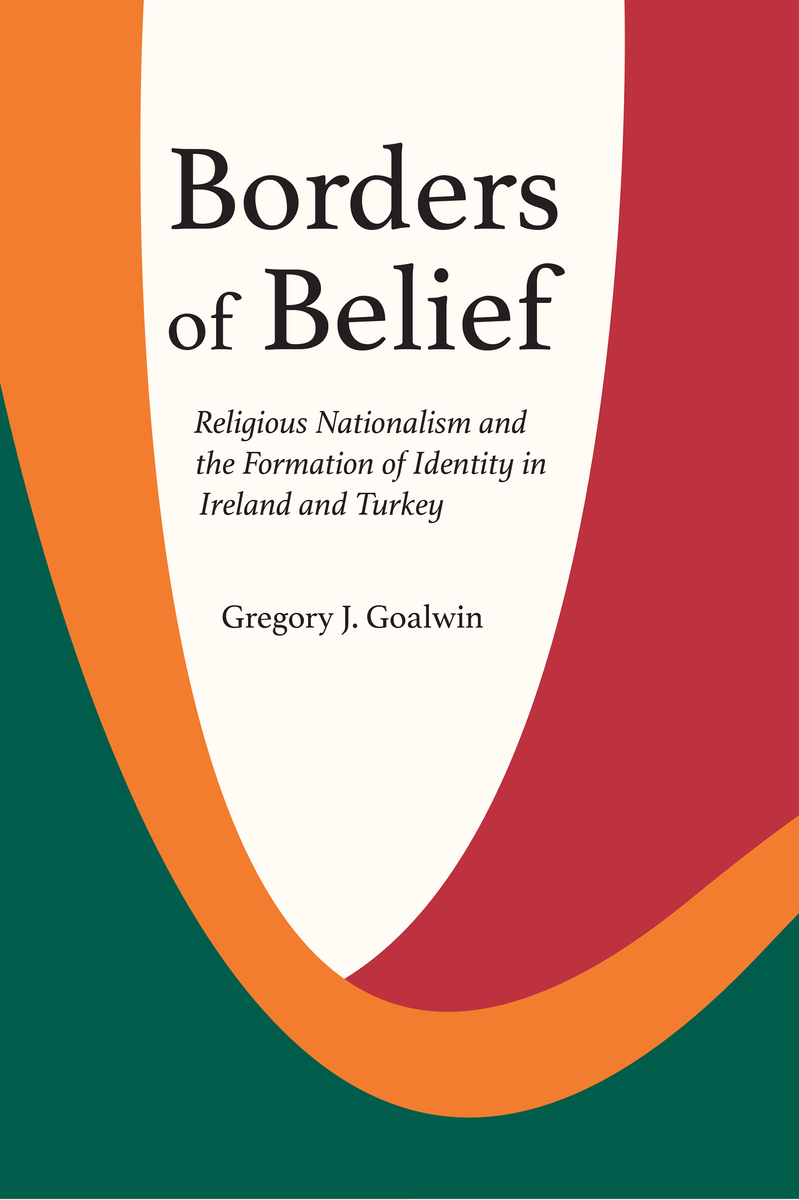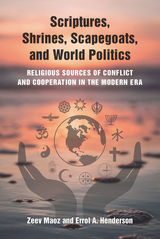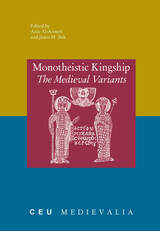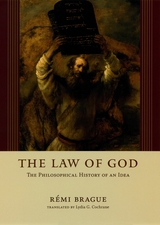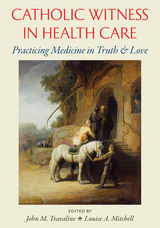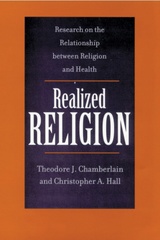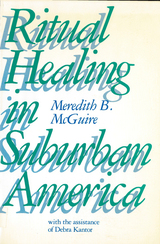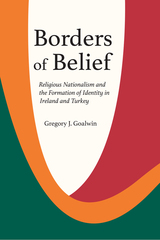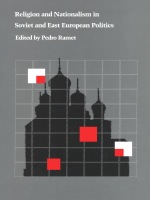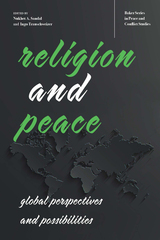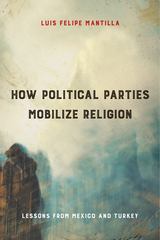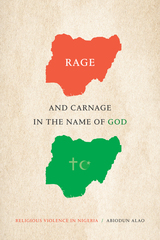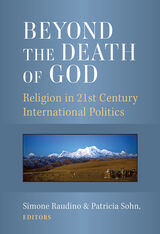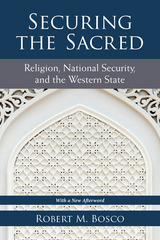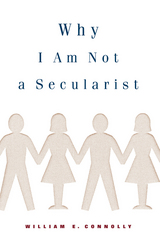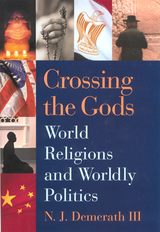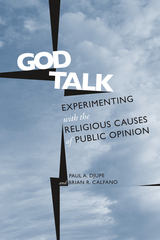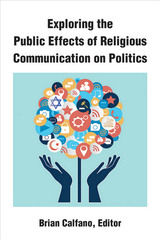Borders of Belief: Religious Nationalism and the Formation of Identity in Ireland and Turkey
Rutgers University Press, 2022
Cloth: 978-1-9788-2649-6 | Paper: 978-1-9788-2648-9 | eISBN: 978-1-9788-2650-2 (ePub NK) | eISBN: 978-1-9788-2651-9 (Kindle) | eISBN: 978-1-9788-2652-6 (PDF)
Library of Congress Classification BL65.N3G63 2022
Dewey Decimal Classification 201.72
Cloth: 978-1-9788-2649-6 | Paper: 978-1-9788-2648-9 | eISBN: 978-1-9788-2650-2 (ePub NK) | eISBN: 978-1-9788-2651-9 (Kindle) | eISBN: 978-1-9788-2652-6 (PDF)
Library of Congress Classification BL65.N3G63 2022
Dewey Decimal Classification 201.72
ABOUT THIS BOOK | AUTHOR BIOGRAPHY | REVIEWS | TOC
ABOUT THIS BOOK
Religion and nationalism are two of the most powerful forces in the world. And as powerful as they are separately, humans throughout history have fused religious beliefs and nationalist politics to develop religious nationalism, which uses religious identity to define membership in the national community. But why and how have modern nationalists built religious identity as the foundational signifier of national identity in what sociologists have predicted would be a more secular world? This book takes two cases - nationalism in both Ireland and Turkey in the 20th century - as a foundation to advance a new theory of religious nationalism. By comparing cases, Goalwin emphasizes how modern political actors deploy religious identity as a boundary that differentiates national groups This theory argues that religious nationalism is not a knee-jerk reaction to secular modernization, but a powerful movement developed as a tool that forges new and independent national identities.
See other books on: Church and state | Ireland | Nationalism & Patriotism | Sociology of Religion | Turkey
See other titles from Rutgers University Press
